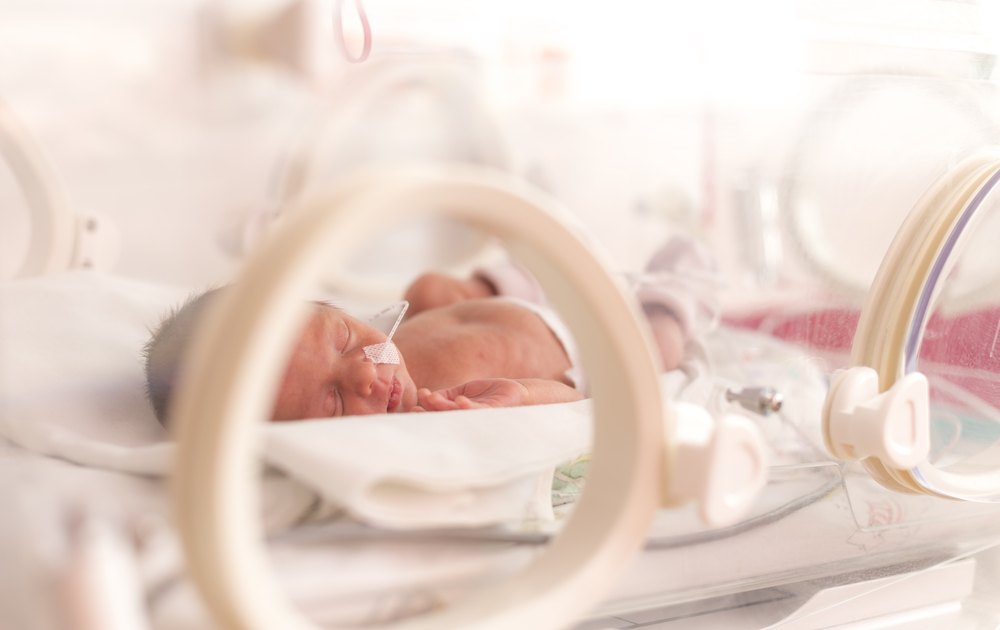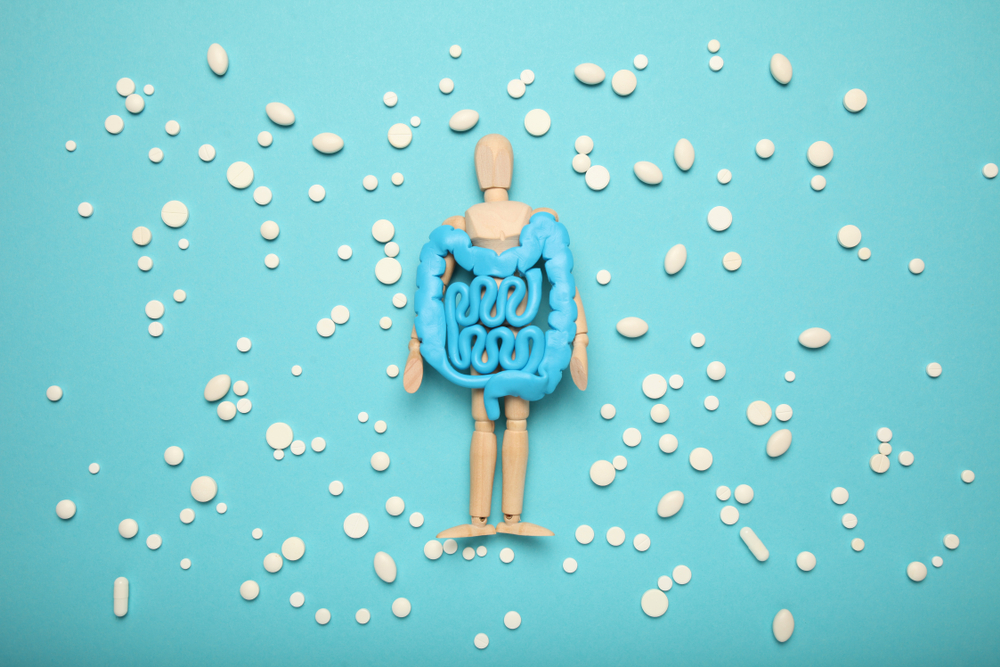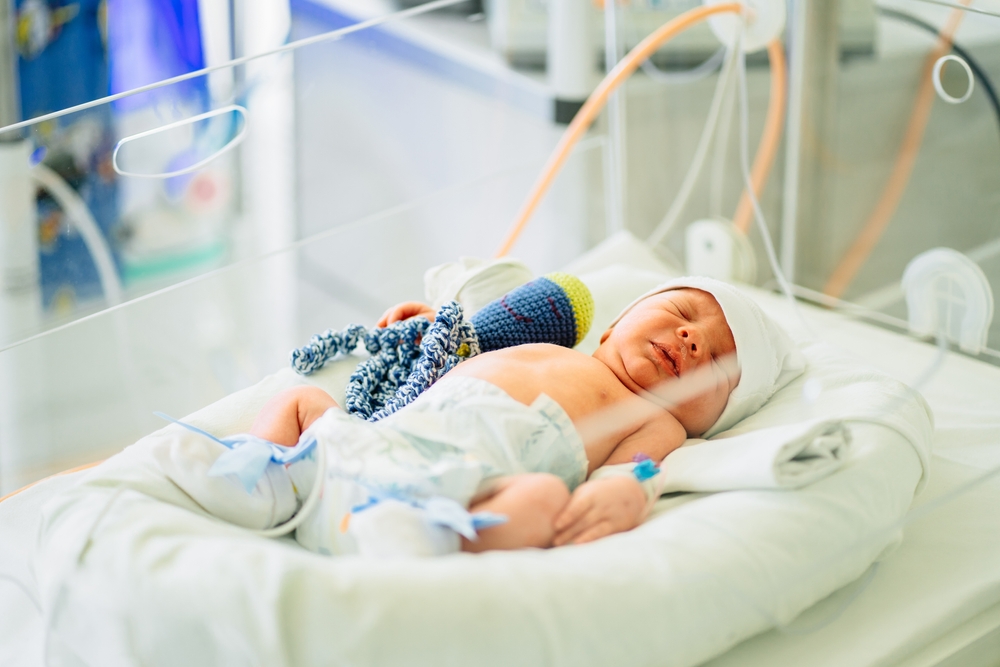One in ten children is born prematurely. Premature birth increases the risk of certain diseases and ailments, particularly as the intestines are not yet fully developed. Doctoral candidate Jannie Henderickx mapped the difference in gut bacteria and fungi between premature babies and babies that were carried to term, and analysed the possible relationship with intestinal development. She is to obtain her PhD on this research on 25 March.
Approximately 15 million babies are born before the 37th week of pregnancy every year. This is called premature or preterm birth. Not much research has been done on nutrition and intestinal development in premature babies, while it certainly is an issue: ‘The intestines are exposed to bacteria at a stage when this is normally not the case’, says doctoral candidate Jannie Henderickx (Microbiology).
Protective layer
Henderickx studied the differences in the intestine and its microbiota between children born prematurely and those carried to term. ‘The intestinal barrier, a protective layer between the intestine and the rest of our bodies, is still weak in premature children. This could cause a diminished resistance against pathogens.’ This may contribute to sepsis (blood poisoning) and necrotising enterocolitis (morbidity of intestinal tissue), the most common diseases affecting premature children.
The doctoral candidate studied the faeces and stomach content (aspirated through a feeding tube) of babies for proteins and bacteria typical of the intestine’s different developmental stages. ‘We saw that certain proteins, such as mucin-5AC, are less prevalent in premature babies.’ These proteins may contribute to forming the protective layer in the digestive tract. Henderickx also saw that preterm babies had fewer enzymes needed to break down mother’s milk than full-term babies. Thus, they can benefit less from breastfeeding.
Healthy chubbiness
The bacterial communities of premature and full-term children differ significantly. Breastfeeding and mode of delivery (vaginal birth or c-section) influence the microbiota too. ‘A baby that has been carried to term, was delivered through a vaginal birth and is breastfed is considered the golden standard in terms of microbiome’, Hendrickx says. ‘Such a microbiome is well suited to process breastmilk.’
Breastfeeding stimulates the development of the child’s immune system. Premature babies that are breastfed also have a higher level of Bifidobacterium bacteria, which are probably beneficial for the baby’s intestine. ‘Bifidobacterium converts certain sugars from breastmilk into short-chain fatty acids, that serve as food for other beneficial bacteria and strengthen the intestinal wall.’ Henderickx discovered that Bifidobacterium was related to higher body weight but was less prevalent in premature babies. Higher body weight in premature babies indicates good health.
A baby carried to term, delivered vaginally and breastfed is considered the golden standard
Henderickx will take on a position at the Center for Microbiome Analyses and Therapeutics of the LUMC in Leiden after obtaining her PhD. She hopes to remain involved in the intended follow-up research with the Amsterdam UMC and the Isala Pediatric Hospital in Zwolle. In this study, researchers aim to study the digestion of breastmilk by the digestive tract and confirm the suggested link between proteins, Bifidobacterium and intestinal health.

 Premature baby in an incubator. Photo Shutterstock.
Premature baby in an incubator. Photo Shutterstock. 

